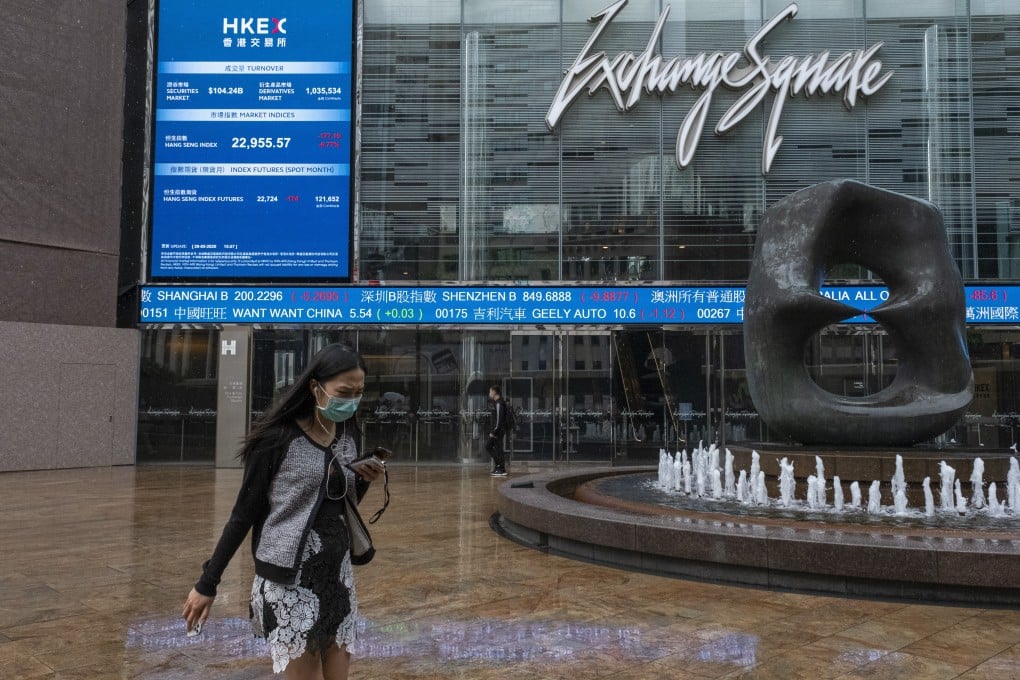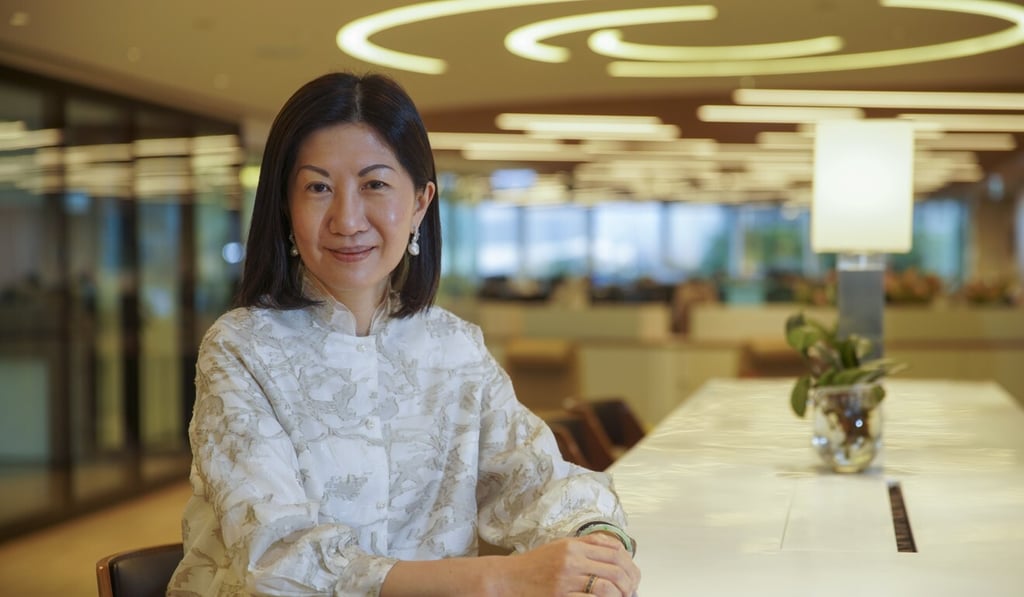Only the best need apply: HKEX may triple its profit bar to let only the most profitable list in world’s fourth-biggest capital market
- Two options are being offered for public feedback through February 1
- The HKEX promised to not introduce the new rule before July 2021, subject to public feedback

Hong Kong’s stock exchange may drastically raise the profit threshold for listings on its main board, implementing the most stringent requirements to improve the quality of companies seeking initial public offerings in the world’s fourth-largest capital market.
Two options are being offered for public feedback through February 1, according to a statement by Hong Kong Exchanges and Clearing (HKEX) Limited, the exchange operator. The first option triples the profit requirement to at least HK$150 million (US$19.3 million) in the three years leading up to a listing. The profit requirement will also triple to HK$60 million in the most recent financial year.
The second option increases the three-year profit requirement to HK$125 million, while the most recent year requirement rises to HK$50 million, HKEX said.

The proposed thresholds would make HKEX the toughest exchange to qualify for a listing, more so than on the New York Stock Exchange or Nasdaq, and knock out 62 per cent of the 745 companies that listed on Hong Kong’s main board by following the listing requirements between 2016 and 2019, according to exchange data.